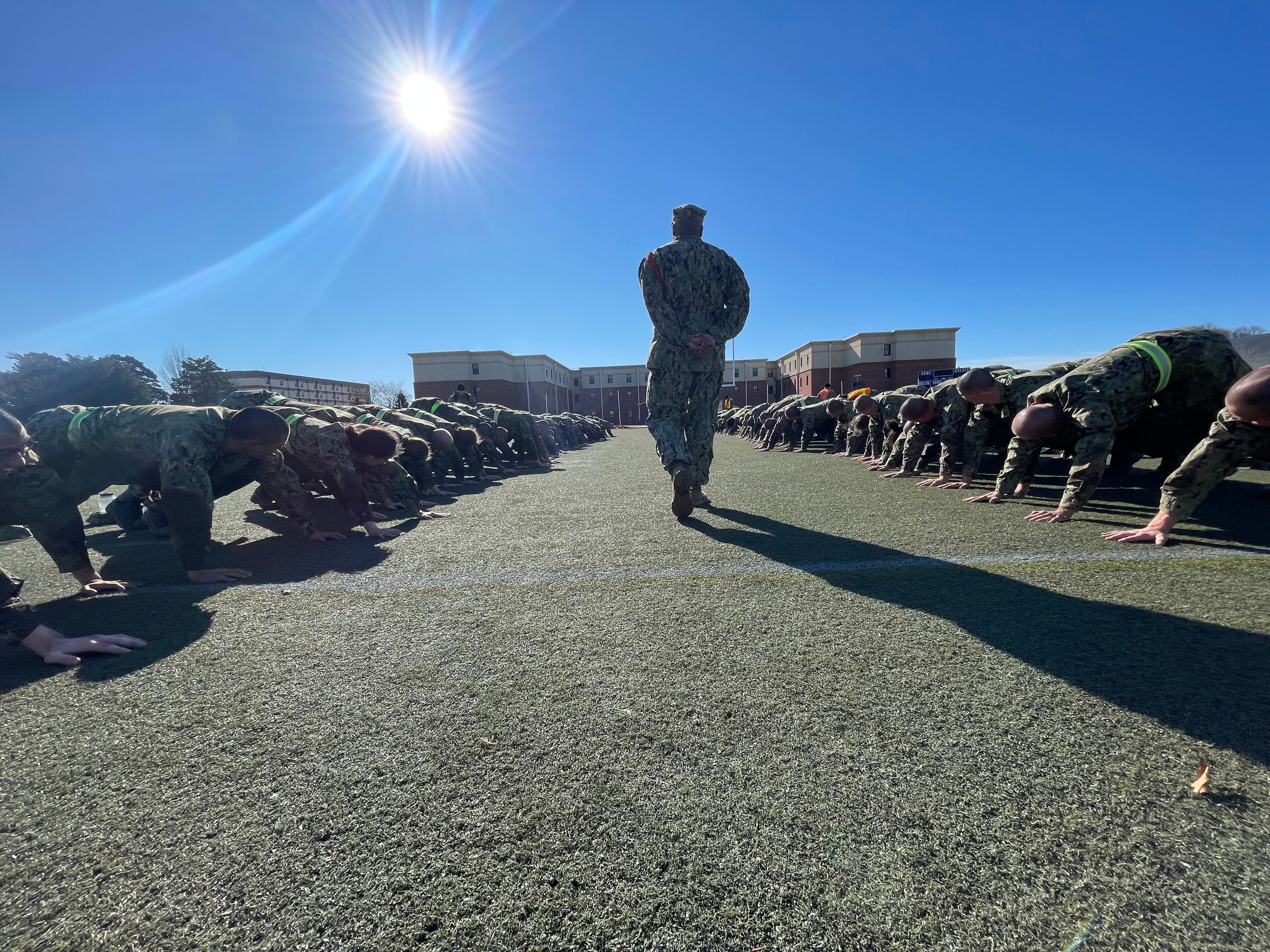The Navy is now including information warfare communities in the Baccalaureate Degree Completion Program, which was revived earlier this year to widen the pool of future officers.
The program provides financial assistance to college students who agree to complete Officer Candidate School or Officer Development School after graduating. It is now accepting applications for the following designators: cryptologic warfare (CW), cyber warfare engineer (CWE), intelligence (Intel), information professional (IP), and oceanography (OCEANO), according to a naval administrative message.
Previously, the Navy only sought applications for aviation (pilot and naval flight officer), special warfare (SEAL), special operations and surface warfare officer designators.
Applicants must meet pre-commissioning or accession physical standards, and are limited to applying for one community.
Selectees will be required to enlist in order to receive pay and financial incentives. After enlisting, they will be placed in active duty status as an Officer Candidate Petty Officer 3 (E-4) and graduate as an OCPO2 (E-5) in the Navy Reserve. If already in the Reserve, selectees will be placed in an active duty status at their current rank, if higher.
Upon receiving their degree, all selectees — with the exception of cyber warfare engineers — will be assigned to the next available OCS class in Newport, Rhode Island. CWE selectees will attend Officer Development School (ODS) instead of OCS.
“If a selectee fails to successfully complete OCS or ODS for any reason other than injury, the selectee will be required to serve the remainder of their enlisted contract,” according to the NAVADMIN.
RELATED

The Navy cut the baccalaureate program in 2003 due to budgetary reasons, but announced in March it was resurrecting it to expand the “talent pool” of future officers.
That change stems from recommendations in the Task Force One Navy report released in February 2021. The task force was created in June 2020 to address systemic racism within the service, evaluate racial disparities in the military justice system, and examine the fairness of the promotion and advancement process to eliminate “destructive biases.”
“Bringing BDCP back widens the talent pool in our officer ranks by offering opportunities to students at universities without an existing NROTC program,” said Cmdr. Dave Benham, a spokesman for Navy Recruiting Command, in a March email to Navy Times.
“The avenue to get officers out of these schools had been almost exclusively OCS, which requires a degree as a prerequisite,” Benham said. “BDCP allows the Navy to provide this opportunity to current students who qualify, reaching a portion of the undergraduate market that we weren’t able to access.”
Those eligible to apply must be 19 and enrolled in, or accepted for transfer to, a regionally accredited four-year university. The program is open to civilians, enlisted personnel in the Navy Reserve, and Inactive Reserve personnel from other services who are U.S. citizens and have at least a 2.8 grade-point average.




